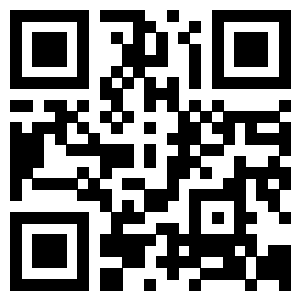Time:2020-09-05 18:24:29 Edit:ShenXun PV:813
Among the wireless router antenna parameters, there is an important parameter called dBi, which can generally be seen in the antenna gain. The value unit is dBi. Commonly used parameters are 3dBi, 5dBi or 7dBi.
However, many partners do not know what the dBi parameter of a wireless router means, so today tell us the parameter dBi of a wireless router, and answer the meaning of propagating this parameter, and whether the bigger the better the better the dBi parameter is often heard.
What does dBi mean? In the wireless router antenna, the antenna gain is a relatively important parameter to determine the transmission distance of the router and the ability to pass through the wall, and dBi is the unit of the magnitude of the gain of the wireless antenna.
Is the bigger the wireless router dBi, the better? At present, common wireless routers can be learned by checking the parameters, and most of them are 3dBi, 5dBi or 7dBi. For users, is this value the larger the better, or the smaller the better?
This problem can be understood by looking at the diagram of the next antenna gain.
The higher the DBI value, the greater the gain, the smaller the vertical angle, and the longer the transmission distance, but the smaller the short-distance transmission area, the smaller the DBI value, the farther the vertical angle, and the larger the short-distance radiation area. At present, common wireless routers on the market generally have antenna gain values of 3dBi and 5dBi, while some of the main wall-through router antenna gains use 7dBi gain wireless antennas.
For ordinary users, when the home area is not large, the gain of 3-5dBi is conducive to signal reception. Although the larger the router antenna, the stronger the wall penetration ability, but the exclusive area is likely to become a blind spot. Such routers often require more router antennas to solve the signal coverage problem, and the product price is very high.
Tel
021-69986378
13681808117


Website
ly@eflearning.com